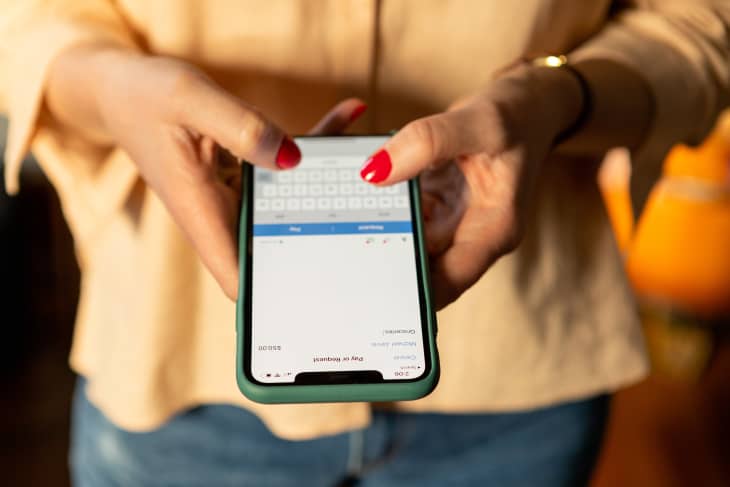Cash Apps Can Be a Dangerous Way to Pay Rent — Here Are 5 Tips for Doing It Safely

There used to be a time when renters had to hand over a paper check to hold a deposit on their dream apartment, or slip an envelope stuffed with cash to their landlord on the first of every month for their rent. Fortunately, cash apps have made that (sometimes awkward) exchange unnecessary by making transferring money from your bank to your landlord’s account a breeze.
But these transactions aren’t always secure. From nefarious characters looking to catfish you out of your hard-earned money to a straightforward human error, a simple mistake could cost you big time. Amir Tarighat, personal privacy expert and founder and CEO of cybersecurity company Agency has a few tips on how you can make your cash app transfers a little safer.
Turn on 2-factor authentication.
Calling it one of the best ways to secure your accounts, Tarighat says enabling two-factor or multi-factor authentication — where you’ll need to receive a code in your email or through another authentication app in order to log into the app on your phone — can help prevent scammers from taking advantage when you’re trying to pay your rent. “Even if your device is lost, stolen, or compromised, turning on this additional security measure makes sure no one else will be able to log into your accounts,” he says.
Keep your tech up to date.
Sometimes it’s tempting to put off those system updates so that you can keep using your phone uninterrupted (I know I’m guilty of this) but Tarighat says that those very updates could be the thing keeping your money safe.
“Most software updates are meant to address security vulnerabilities that leave the door open to hackers,” he continues. “If you’re running on an out-of-date system, cybercriminals can access your devices more easily to plant malware and steal your personal data, so you should routinely check for available updates.”
Check (and double check) the information you’re entering.
In the worlds of designing and building, people love to say “measure twice, cut once.” This same piece of wisdom applies to sending your banking info through the ether. You should always check and then double check anything you’re entering into the system to avoid typos or other mistakes.
Don’t pay your rent using hotspots.
Thanks to growing technology, you can do almost anything while out and about. But Tarighat cautions against using WiFi hotspots when it comes time to pay your bills. “If your WiFi network isn’t secure, hackers can hijack your session and log in as you, leaving your accounts up for grabs,” he says, adding that using banking apps in hotels, bars, airports, or anywhere else with public WiFi could leave you vulnerable to cyberattacks. Instead he says you should wait until you’re connected to a network you trust to access your account.
User beware.
Tarighat says when it comes to using cash apps, there’s one specific thing you need to keep in mind — and it has to do with exactly what happens when something does go wrong with your payment.
“The biggest downside to cash [apps] is that [they’re] not FDIC-insured, which means that the protections that come built-in with your bank account are not available for your cash app funds,” he says. “As a result, you can’t always get a refund or cancel a transaction if you fall victim to a scam or theft.” If you’re able to, try using a payment system that is indeed FDIC-insured.